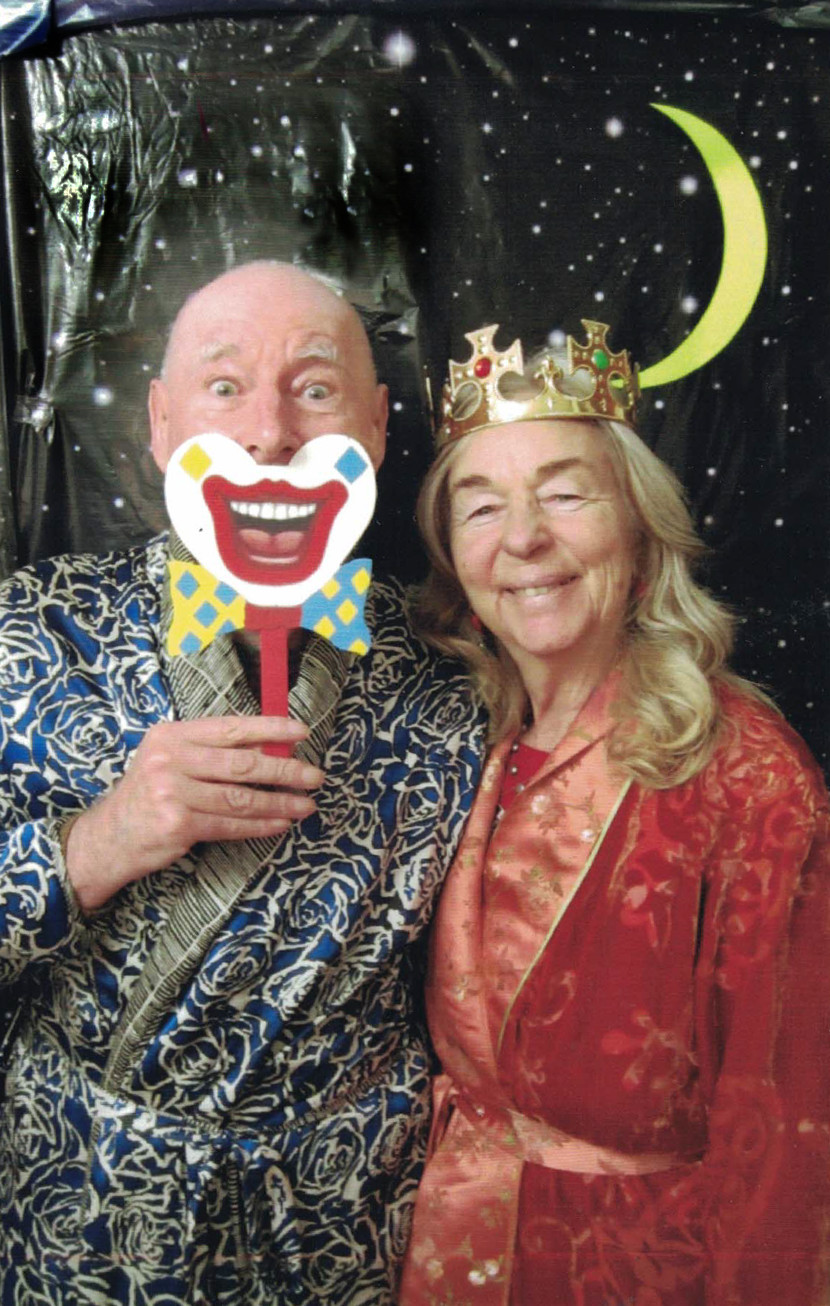How to Know Your Deal Breakers in a Relationship

Podcast: Download
Subscribe: Apple Podcasts | RSS
Does he hide behind a smile?What is it that leads us to become intimate with one person and walk away from another? Maude said at breakfast that a relationship is based on recognizing that there is another person.
This involves an understanding that this person has just as rich a life: has dreams, has worries, has a bad knee and has run out of coffee and needs to pee. We know all these things about other people in the abstract, but that’s like looking at a magazine without reading the words. To have a relationship with another person is to accept them as they are.
These are our core values. We both hold them, and that is why we can be together so effortlessly and peacefully.
Some people have relationships where a hundred factors like child care, cooking, jewelry, sex, emotional support and taking out the trash are all weighed against each other and traded like some domestic stock exchange. This often comes from growing up in a world of emotional scarcity. It creates a relationship where power, control and fairness are constant undercurrents.
These are different ways of seeing and being in a relationship, different core values. People have elements of both, but two people in a relationship need to match up their core values; when they don’t, the relationship will struggle.
For us, it comes down to how much you know yourself and your core values. At the base of our core values is an even deeper principle: do you recognize others as actual separate personalities, and do you do this without the inherent feeling of threat from something different than yourself?
People in a relationship need to match their core values otherwise the relationship will struggle Share on XWe feel that to truly develop a successful intimate relationship, you have to acknowledge and accept someone as uniquely different from you and not be threatened by that difference. You need to feel that both of you are always on the same side. This does not mean that you have the same thoughts or agree with each other on all things. It means that you both wish each other the best at all times, that your partner is not a threat or an enemy and therefore there are no issues of power or control.
Once this very basic understanding is present, then checking that core values match is the primary key to a working and joyous relationship. Most people have spent very little time thinking about what their core values are, or they are not sure how to ascertain these values for themselves.
At the top of any list of core values are the deal breakers. Ask yourself:
- What do you value the most in yourself? If you strip away all the outside pleasantries and social norms, what are the aspects of yourself that mean the most to you and that you recognize as critical to who you are.
- What do you like the most about yourself and what are the underlying values that you express in your actions.
- What behaviors cause you to feel and recognize love and what does it mean to you? What is important to you about how you treat people and what things are most important to you in how people treat each other?
Avoiding deal breakers is the foundation for success; if your core values in these areas match, you will find it an adventure and enrichment to work out the details of living with another, even if their approach appears to be different from yours. These apparent differences are often only the same values being expressed through another personality. These variations are to be be treasured and will not cause distance and separation if they are seen for what they are.
“Universal core values derive from the relationship between all people – that of being one family – the basic understanding that we are all related, all equal, all brothers and sisters. Also called the Golden Rule, every major religion and philosophy has a version of this.
“Individual core values are how each person puts these universal values into practice in their daily lives and their relationships. They will vary according to each person, reflecting, for example, choices of religion, philosophy, politics and relationship to the environment. They come from our background, families, communities, and various other elements of the outside world. As we grow, have our own experiences, and come to know ourselves better, these individual core values will align more and more with universal values.” How Two: Have a Successful Relationship
Thank you for the questions to help me identify my own core values. Loved this!
We are glad this was helpful! Have you tried making your own list yet?
Phil and Maude, my respected friends — thank you, this is a(nother) solid post and bit of always-helpful and appreciated advice. It also is a grand opportunity for me to work on my Brit accent! Haa, just like I told you after our second interview meeting, I bloody love listening to your voice, Phil, haaaa. So thanks again.
I listen to various types of podcasts or read subscribed-to newsletters, by different writers or thinkers. These generally come and go as their relevance to my life and experiences comes and goes, of course. Yet I have kept and gratefully listened to and read your material each time you post since first meeting you both, while many others have gone by my wayside for any number of reasons. I am hoping that as you stick with and grow within your content that your readership/listenership begins to expand far beyond your expectations!!
With love and appreciation, lynelle
Thanks, Lynelle! It’s so helpful and encouraging to know that our message is heard and appreciated.
Peace and love, Maude and Phil